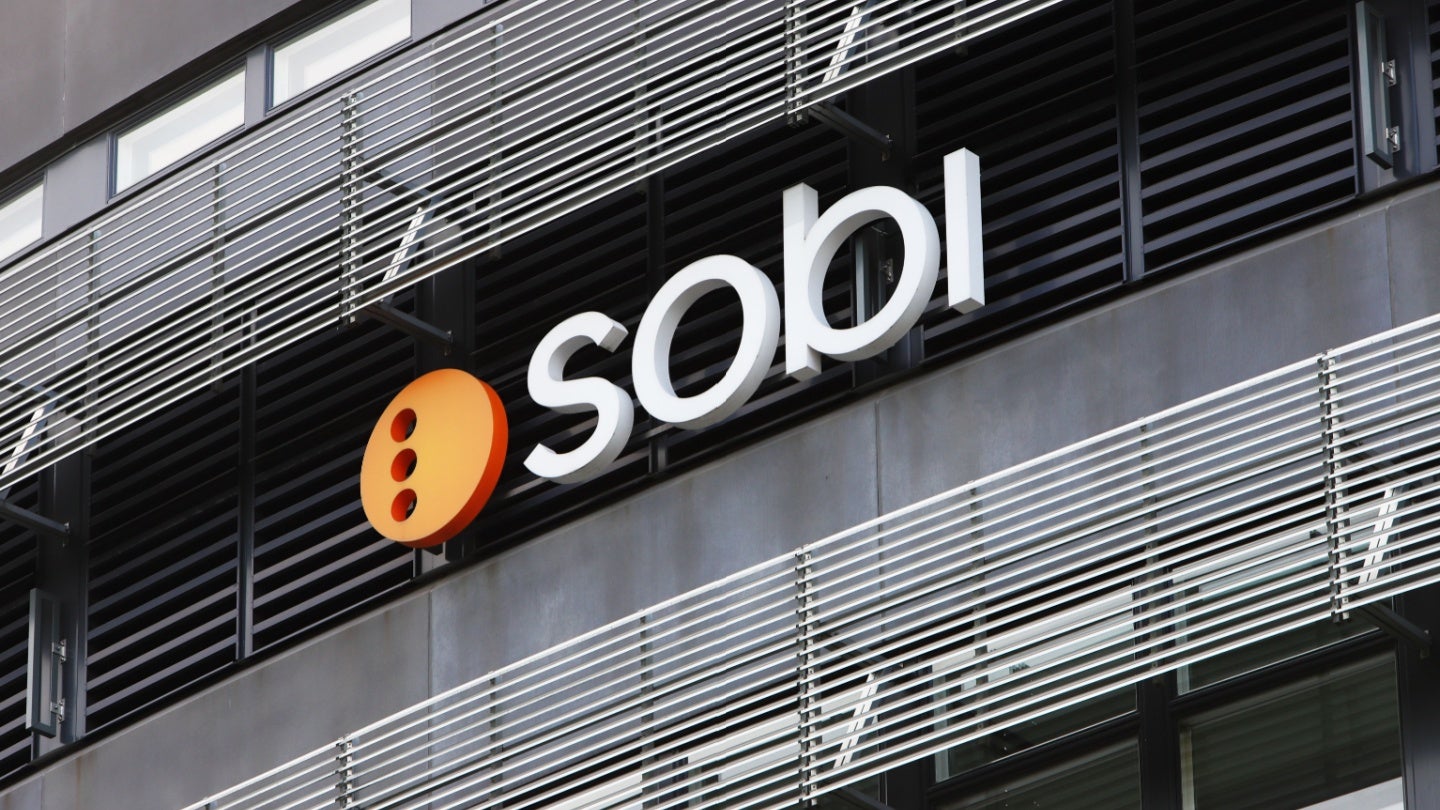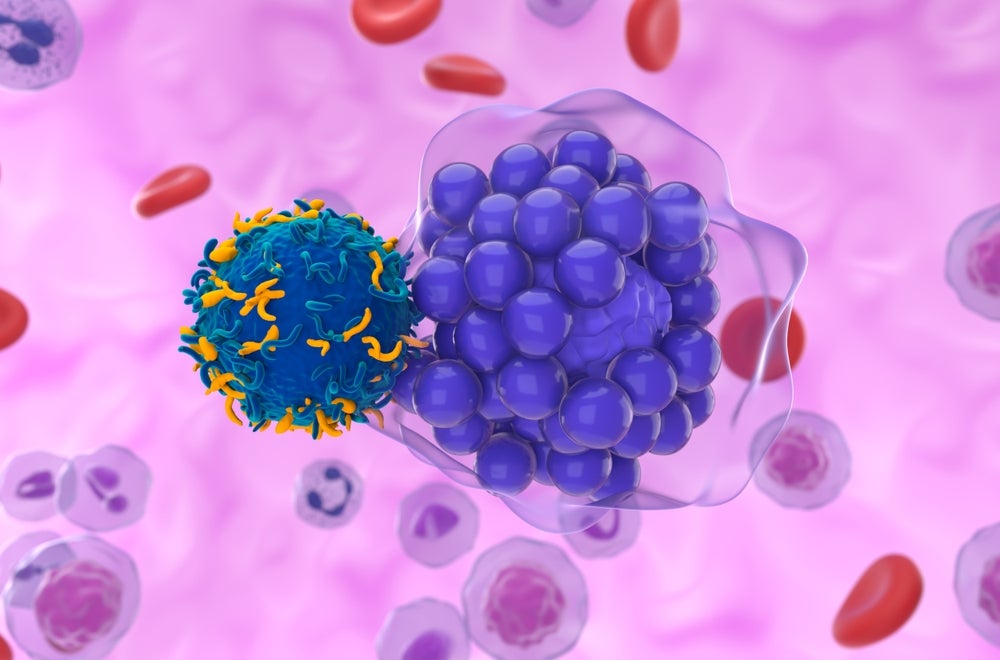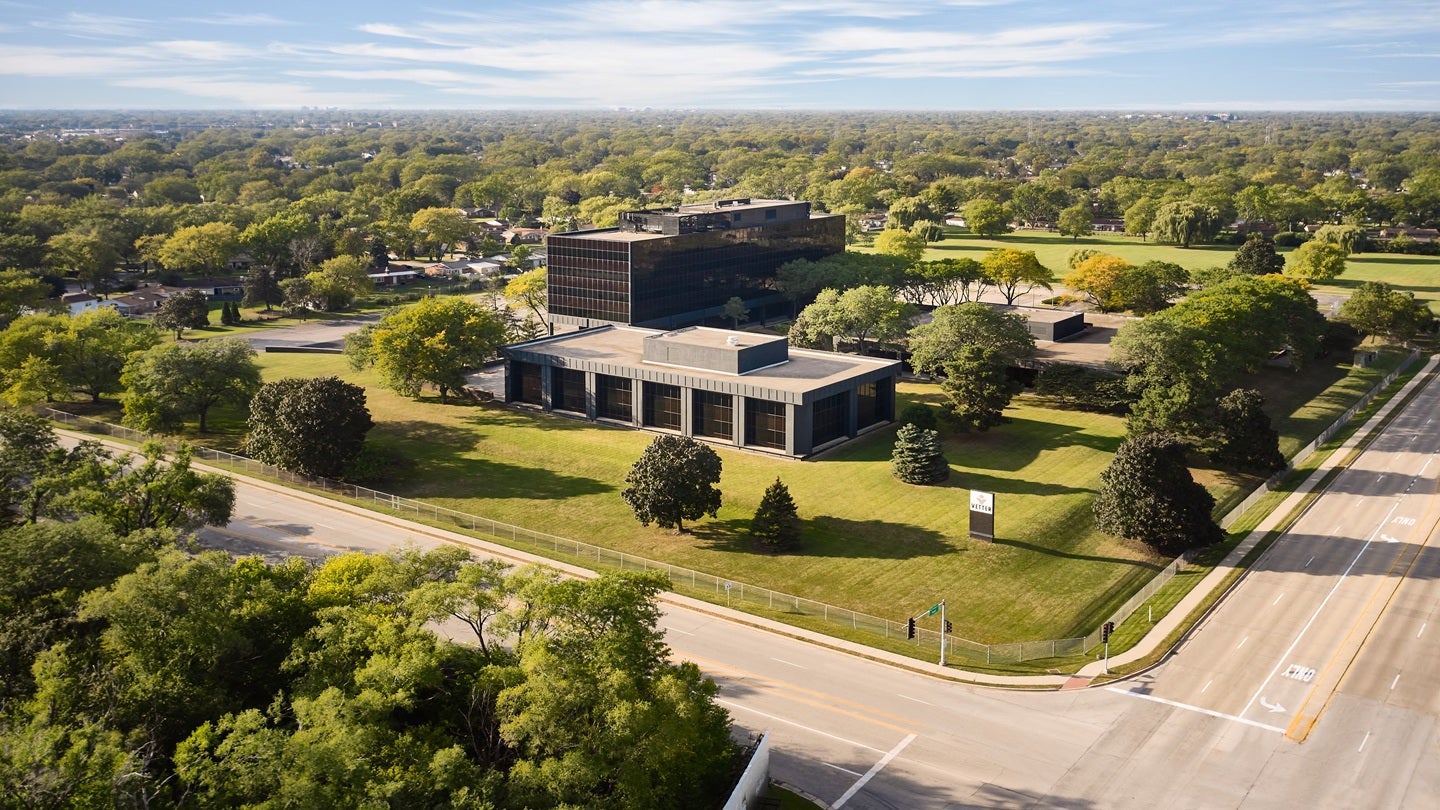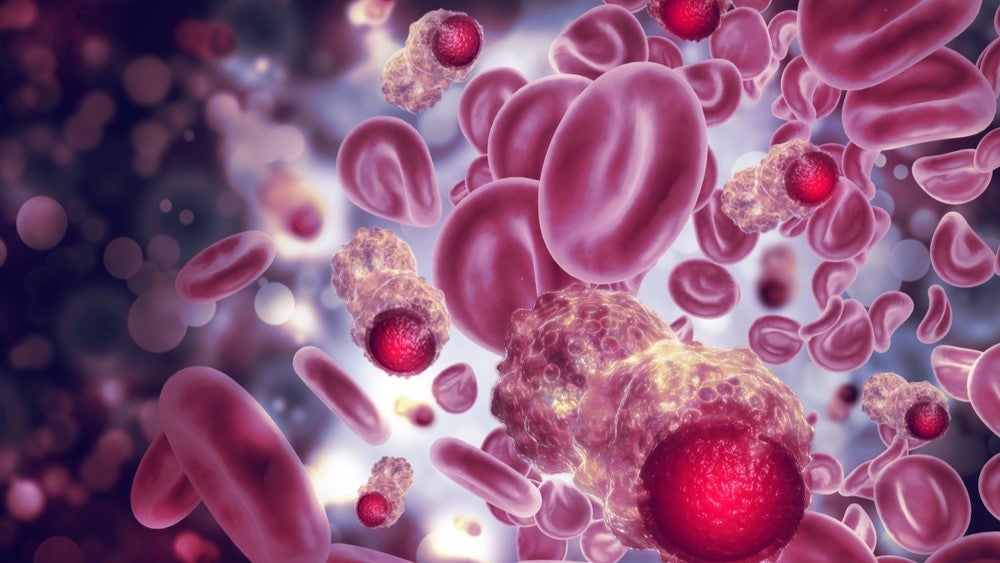STAT+: Pharmalittle: FDA grants full approval to Alzheimer’s drug; Sanders blocks NIH nominee over drug costs
The FDA granted full approval to the first therapy for Alzheimer’s clearly shown to slow cognitive decline — a treatment milestone.

And so, another working week will soon draw to a close. Not a moment too soon, yes? This is, you may recall, our treasured signal to daydream about weekend plans. Our agenda is still taking shape, but we expect to catch up on our reading, deposit unwanted items at the dump, and promenade when possible with an official mascot or two. And what about you? Normally, we would say this is a lovely time to enjoy the great outdoors, but we seem to have a bit of a hard-to-avoid heat spell. So perhaps an indoor activity or two may be in order. Perhaps curling up in front of the telly to binge-watch or meeting someone special for a beverage of your choice. Well, whatever you do, have a grand time. Enjoy, but be safe. And see you soon. …
The U.S. Food and Drug Administration granted full approval to the first therapy for Alzheimer’s disease clearly shown to slow the cognitive decline associated with the disease — a milestone in treatment, even if the benefits are modest, STAT writes. The drug, called Leqembi, was developed by Eisai and is sold in partnership with Biogen. The FDA previously secured conditional approval in January. The agency decision will broaden patient access to the drug under the Medicare program and is likely to boost sales, even as Leqembi’s benefits and safety risks continue to be a source of debate.
President Biden’s choice to run the U.S. government’s medical research is at a standstill because of an impasse with Sen. Bernie Sanders over high drug costs, The Wall Street Journal writes. Sanders, who chairs the Senate health committee, is refusing to hold a key hearing on the nomination of Monica Bertagnolli as National Institutes of Health director until the White House has spelled out a plan to cut drug prices. His opposition has stymied an already drawn-out search for a new leader of the $47 billion agency that funds much of the nation’s medical research. The NIH has been without a director since December 2021.
What's Your Reaction?

































